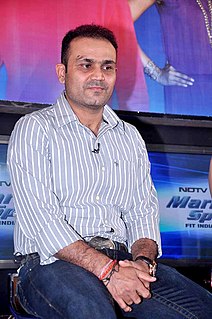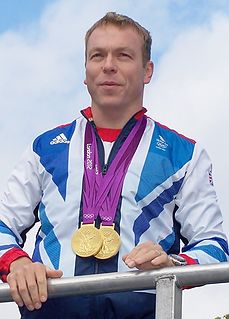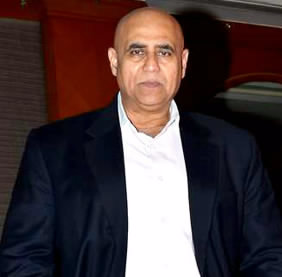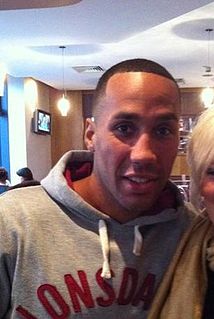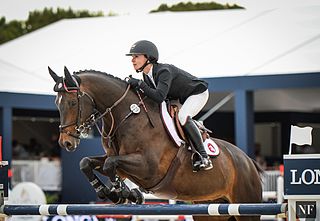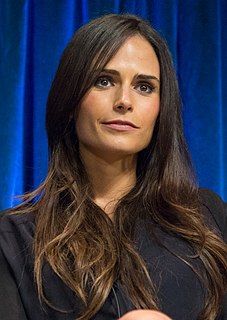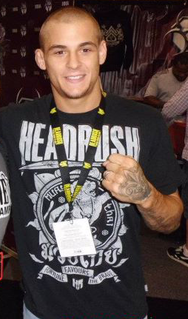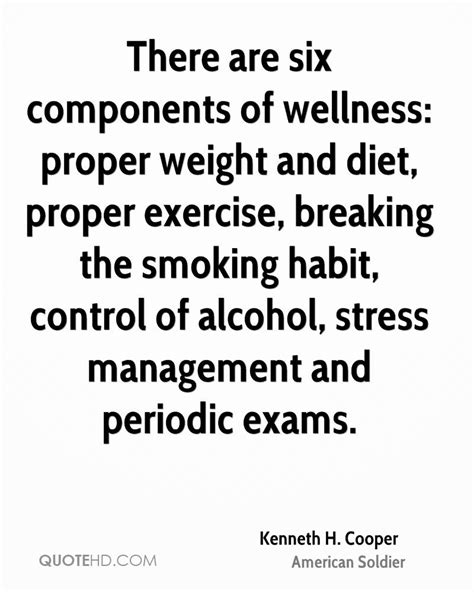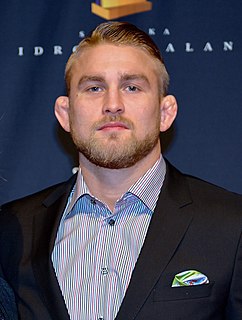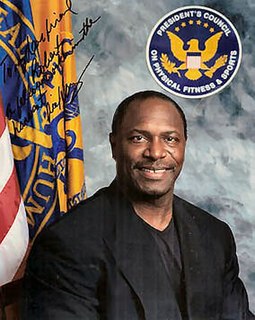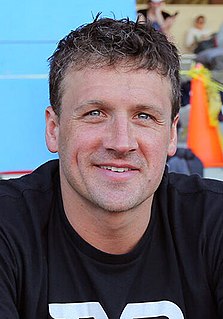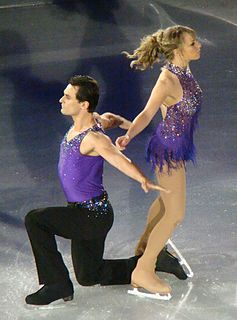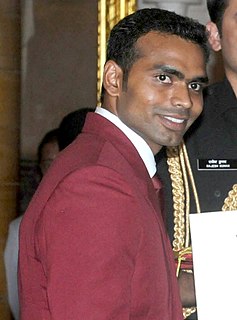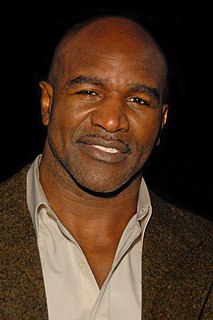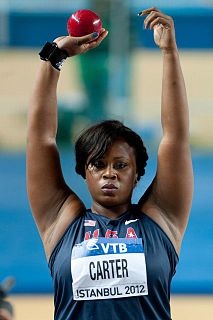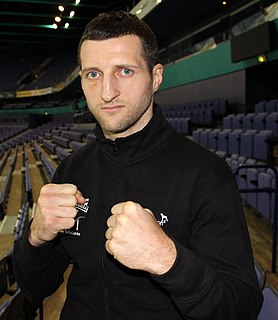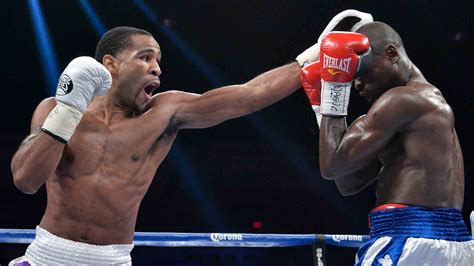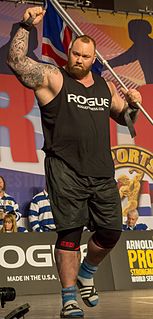Top 1200 Weight Training Quotes & Sayings
Explore popular Weight Training quotes.
Last updated on April 22, 2025.
When I first got into the sport it was all about who could cut the most weight, who could be the biggest on fight night. That's the same era when you're sparring 10 five minute rounds, new partner every two and a half minutes, that era of just really hard weight cutting and really hard full contact training.
In terms of actual day-to-day training; a normal training day would begin with a gym session for about two hours, focusing on strength; so heavy weights on the lower body, with the main exercise being free weight squatting, with between one and ten repetitions depending on the time of year and the aim of the session.
I was 16, I just wanted to do something in my life. I wanted to be healthy, I wanted to lose some weight and I went for my first training. In the beginning I didn't know what Muay Thai meant. You know? But I liked it so much, and after six months of training I had my first competition in Poland. I won, and after that I knew that I wanted to do it.

